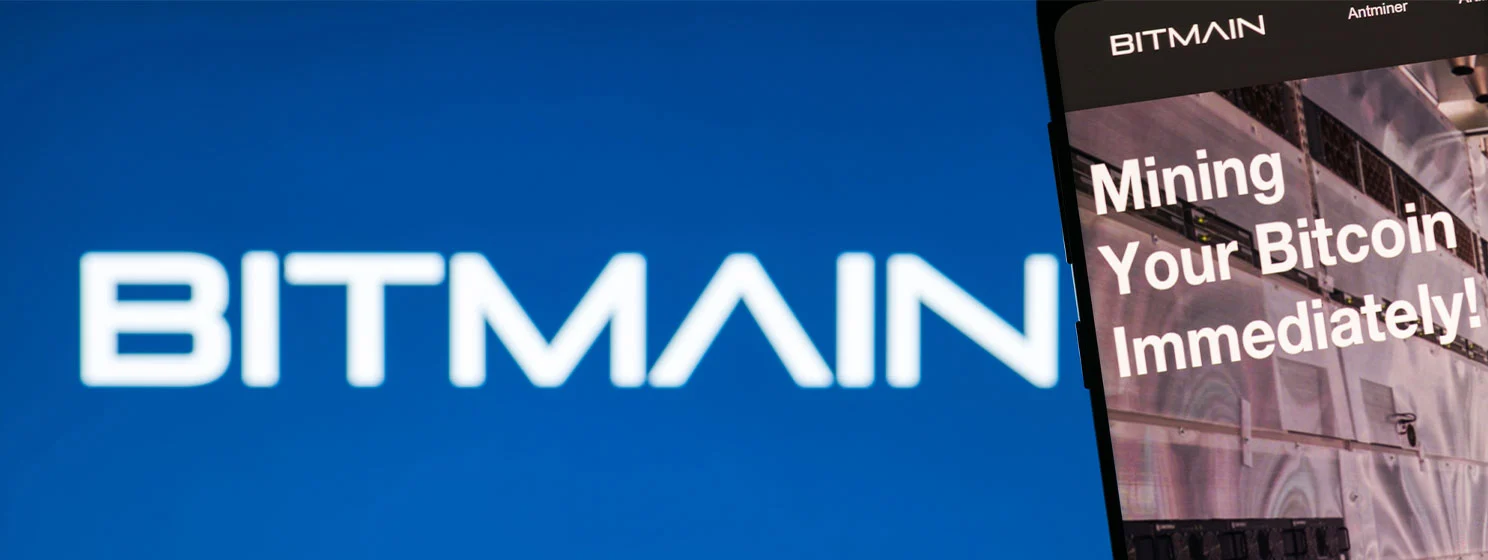|
Getting your Trinity Audio player ready...
|
The European Commission and 35 additional countries have asked the body responsible for setting international anti-money laundering measures to revise its standards for the cryptocurrency space, in one of the first cross-border regulation drives of its kind.
According to media reports, the commission plus representatives from the additional countries presented their case to the Financial Action Task Force at a meeting held last week. Amongst other things, the representatives “urged the global body to improve the understanding of money laundering risks relating to cryptocurrencies.”
The Financial Action Task Force was initially set up in 1989 as a mechanism for international measures to tackle money laundering and terrorist financing, amongst other threats to the financial system.
Along with the European Commission, members include the Gulf Co-Operation Council in addition to 35 member countries including China, India, United Kingdom, United States, Russia, and Japan.
According to media reports, this discussions turned to the need for a revision of standards, as viewed by member countries concerned about the rise of the threats posed by anonymous transactions:
“Member countries were worried that the anonymity and money laundering risks of cryptocurrency transactions had grown with electronic wallets…The FATF discussed the need to revise its own international standards…along with the revision of the virtual currency guideline created in June 2015, and agreed to report the response to the G20 Finance Ministers’ Meeting in March.”
It has also been reported that South Korean officials reminded the FATF of its obligations vis a vis money laundering, whilst highlighting that its own model of regulation was the first to have been introduced by any of the member countries.
South Korea took the step of banning anonymous cryptocurrency accounts, requiring any engaging in cryptocurrency transactions to use accounts linked to their personal named bank account.
This came on stream along with a raft of new guidelines at the end of January 2018, which now require closer scrutiny from financial institutions and those dealing with cryptocurrency transactions, as far as detecting financial irregularities are concerned.
While it remains to be seen whether the developments at FATF will result in proposals for revised international standards, it could be seen as a step towards a more global structure for cryptocurrency regulation in future.

 09-16-2025
09-16-2025 





